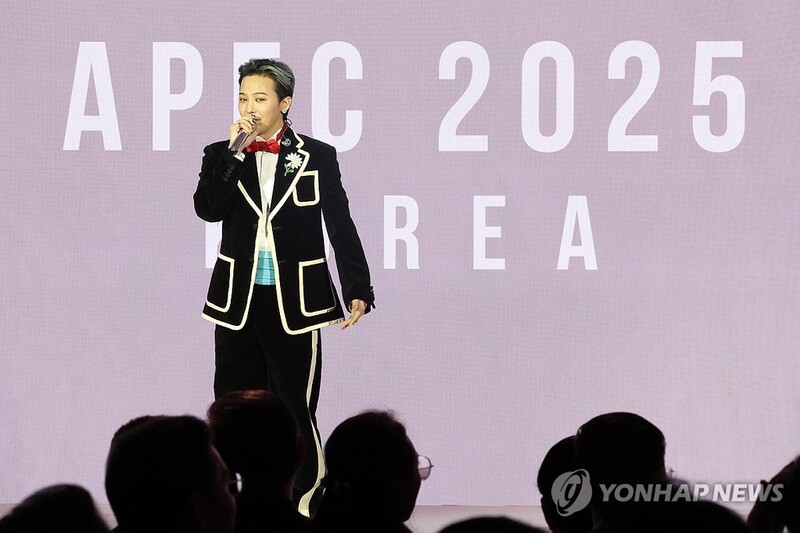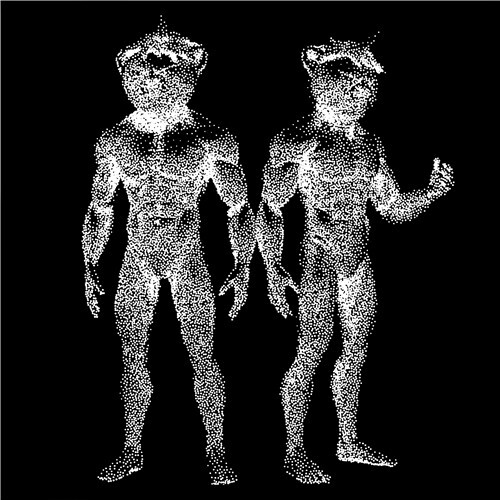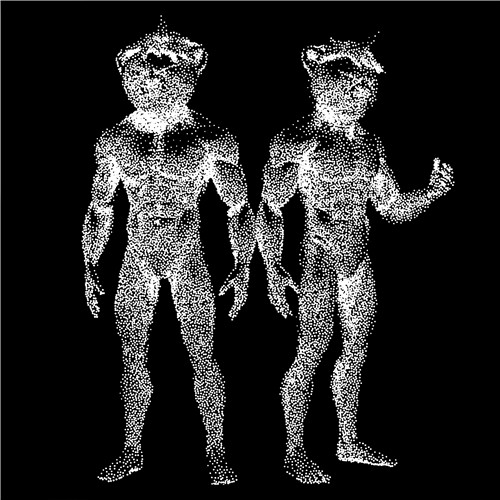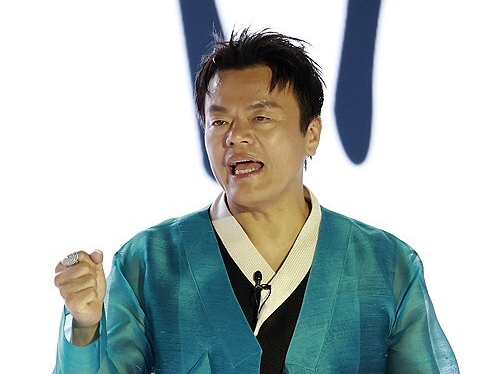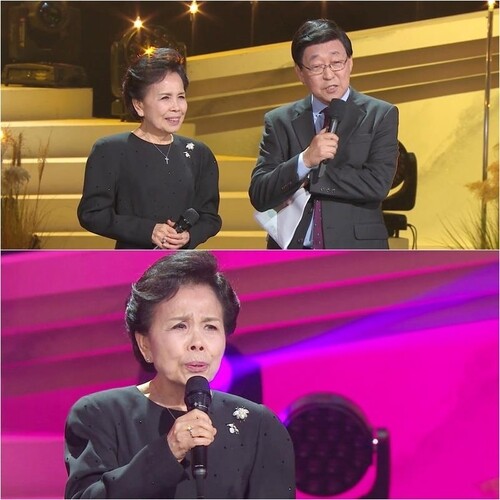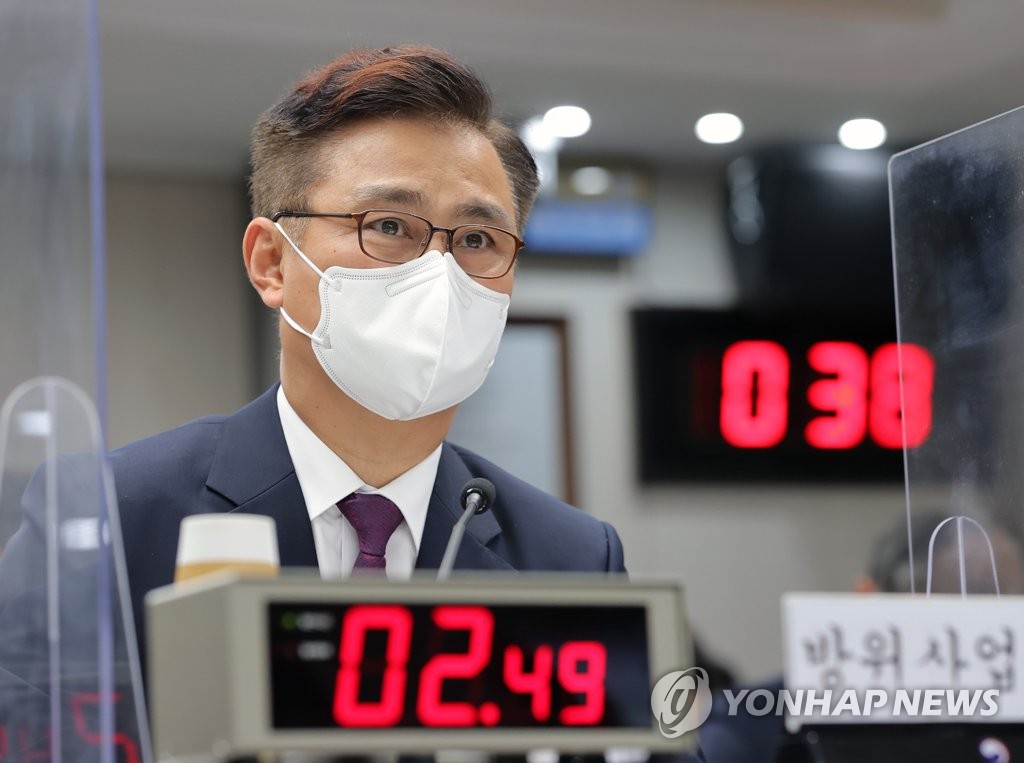 |
| ▲ Defense Acquisition Program Administration chief Eom Dong-hwan speaks during a parliamentary audit at the administration's headquarters in Gwacheon, just south of Seoul, on Oct. 13, 2022. (Pool photo) (Yonhap) |
arms agency-parliamentary audit
Arms agency seeks AI-based assets combining manned, unmanned systems
SEOUL, Oct. 13 (Yonhap) -- South Korea's state arms procurement agency said Thursday it is pushing for the procurement of key technologies for artificial intelligence (AI) based military operations, incorporating both manned and unmanned assets, by 2027.
The Defense Acquisition Program Administration (DAPA) unveiled a set of policy goals in a report to a parliamentary audit, as the country is striving to harness cutting-edge technologies to cover potential troop shortages caused by its low birthrate, and bolster defense against evolving North Korean threats.
"We will do our utmost to contribute to the construction of a sturdy defense through the swift deployment of cutting-edge weapons systems and by nurturing the global defense industry," DAPA chief Eom Dong-hwan said.
DAPA plans to complete the development of core technologies for the AI-based Manned and Unmanned Teaming (MUM-T) operations and demonstrate related prototypes by 2027.
For MUM-T applications, it enumerated a series of examples, including the unmanned operation of a K9 self-propelled howitzer's turret and the use of both manned and unmanned warships, and drones for collective naval operations.
It also put forward an ambitious goal of doubling South Korea's weapons sales to 40 trillion won (US$28 billion) by 2027 from 17.9 trillion won recorded in 2020.
Meanwhile, Rep. Song Gab-seok of the main opposition Democratic Party said, citing DAPA data, that the number of hacking attempts targeting the administration has increased in recent years.
The number of hacking attempts against DAPA, which stood at 2,575 in 2019, rose to 3,186 in 2020 and 4,316 last year. In the first eight months of this year, the figure came to 3,646.
(END)
(C) Yonhap News Agency. All Rights Reserved














